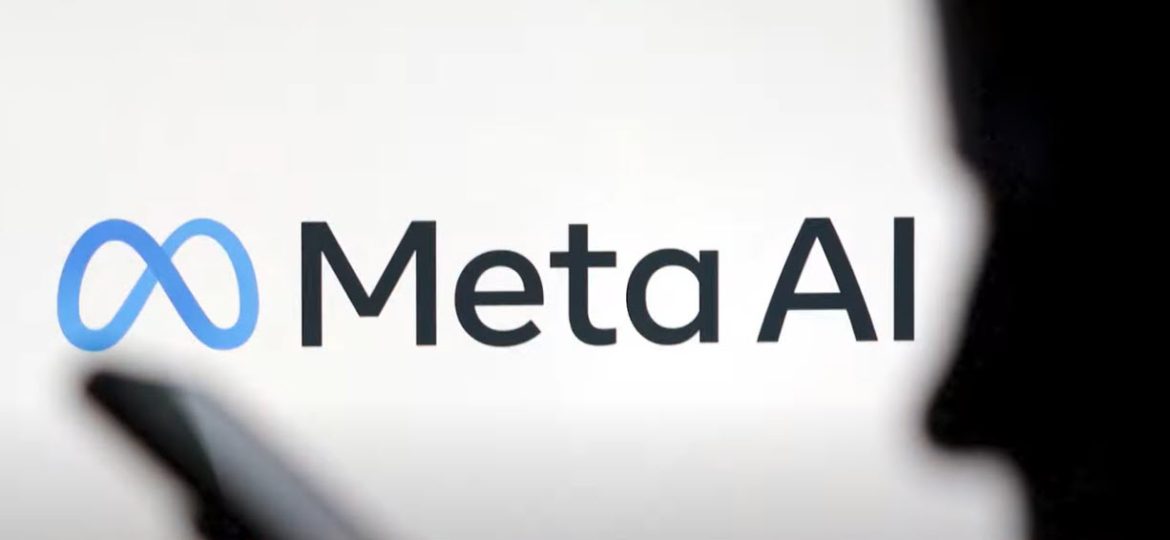In a move aimed at enhancing transparency and combatting misinformation, Meta has announced its intention to implement labels on content that was generated using artificial intelligence (AI) across its social media platforms.
The decision, revealed by Meta’s headquarters in Menlo Park, California, signifies a proactive step towards addressing concerns related to AI-generated content, which has increasingly become prevalent on digital platforms. Meta, formerly known as Facebook, is taking this initiative to provide users with additional context about the origin and nature of the content they encounter.
The labeling system will help distinguish between content created by humans and content generated using AI algorithms. This distinction is crucial as AI-generated content can sometimes be misleading or lack proper attribution, leading to confusion among users.
By introducing these labels, Meta aims to promote transparency and accountability in the online space. Users will be able to identify AI-generated content more easily, allowing them to make informed decisions about the information they consume and share.
The move comes amid growing concerns about the spread of misinformation and deepfake content, which are often created using AI technology. Meta’s decision to label AI-generated content aligns with broader industry efforts to address the challenges posed by digitally generated content.
While Meta has not provided detailed information about the specific criteria or methods for labeling AI-generated content, the company’s commitment to transparency and user safety is evident in this strategic initiative.
As social media continues to play a significant role in shaping public discourse and sharing information, measures like content labeling are essential in promoting a more responsible and trustworthy online environment.



